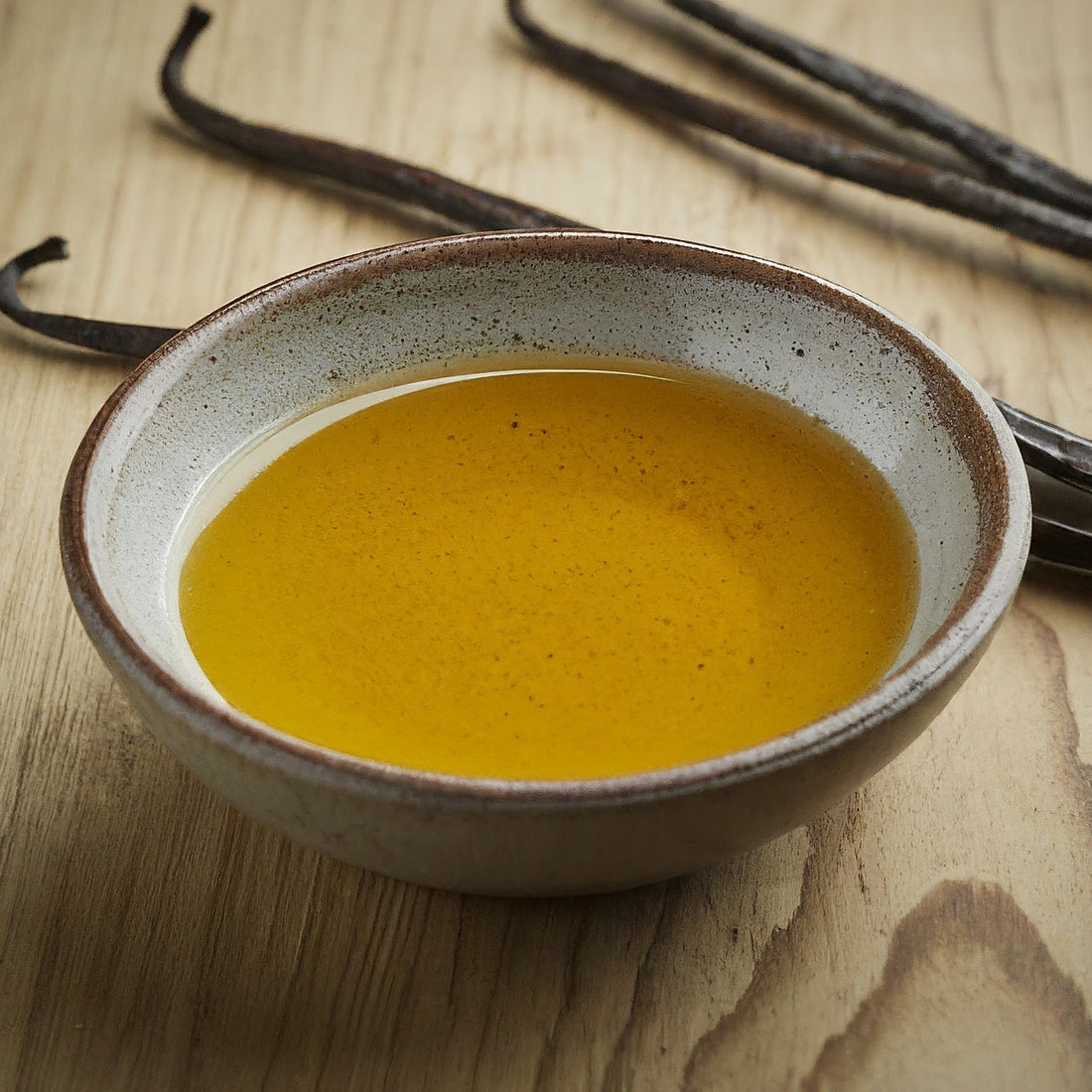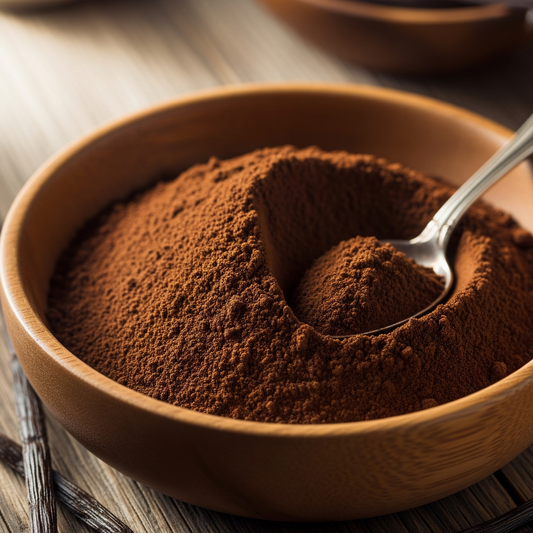
THE DARK SIDE OF VANILLA: WHEN SWEET TURNS SOUR
Share
IS YOUR LOVE FOR VANILLA EXTRACT PUTTING YOUR HEALTH AT RISK?
Vanilla extract, with its sweet aroma and rich flavor, is a staple in many kitchens. But what happens when this beloved ingredient is consumed in excess? Let's dive into the unexpected consequences of overindulging in vanilla extract.
The Allure of Vanilla Extract
Vanilla extract is prized for its ability to enhance flavors in baking and cooking. It’s warm, comforting scent can evoke memories of childhood treats and cozy gatherings. However, behind this sweet facade lies a potential for misuse that many are unaware of.
The Hidden Danger: Alcohol Content
What many don't realize is that pure vanilla extract contains a significant amount of alcohol - typically around 35% by volume. This is comparable to many spirits like vodka or rum. While the small amounts used in cooking are generally safe, consuming vanilla extract in large quantities can lead to alcohol intoxication.
Signs of Vanilla Extract Overconsumption
Symptoms of excessive vanilla extract intake can mirror those of alcohol intoxication:
- Dizziness and disorientation
- Impaired judgment and coordination
- Nausea and vomiting
- Potential for alcohol poisoning in severe cases
The Risk of Addiction
Due to its high alcohol content, vanilla extract can become a substance of abuse for individuals struggling with alcohol addiction. Its easy availability and lack of age restrictions make it a potentially dangerous alternative for those seeking alcohol.
Legal and Social Implications
Interestingly, the consumption of vanilla extract as an intoxicant can have legal ramifications. In some jurisdictions, driving under the influence of vanilla extract can result in DUI charges, similar to those for traditional alcoholic beverages.
Impact on Health
Beyond the immediate effects of intoxication, regular overconsumption of vanilla extract can lead to:
- Liver damage: The alcohol content can strain the liver over time.
- Nutritional deficiencies: Replacing proper meals with vanilla extract can lead to malnutrition.
- Dental issues: The sugar content and acidity can contribute to tooth decay.
Safe Usage Guidelines
To enjoy vanilla extract safely:
- Stick to recipes: Use only the amount specified in recipes.
- Store safely: Keep vanilla extract out of reach of children and individuals struggling with addiction.
- Choose alternatives: For those in recovery, consider alcohol-free vanilla flavoring options.
Myths vs. Facts
Let's look at some common misconceptions:
Myth:
Vanilla extract is harmless because it's used in cooking.
Fact:
While safe in small amounts, it can be dangerous when consumed in large quantities due to its alcohol content.
Myth:
Homemade vanilla extract is safer.
Fact:
Homemade versions often have even higher alcohol content than commercial products.
When to Seek Help
If you or someone you know is consuming vanilla extract for its alcohol content, it's crucial to seek professional help. This behavior can be a sign of alcohol use disorder or other underlying issues.
The Cultural Aspect
Interestingly, the misuse of vanilla extract isn't new. Historical records show instances of vanilla extract being used as a substitute for alcohol during Prohibition in the United States. This historical context highlights the long-standing potential for misuse of this common household item.
Alternative Uses for Vanilla
For those who love the scent and flavor of vanilla but want to avoid the risks associated with extract, consider these alternatives:
- Vanilla beans: Use the scraped seeds for intense flavor without alcohol.
- Alcohol-free vanilla flavoring: Available in most supermarkets.
- Vanilla powder: Made from ground vanilla beans, it's alcohol-free and versatile.
The Science Behind Vanilla's Appeal
Vanilla's aromatic and flavorful scent goes beyond its taste. Studies have shown that the scent of vanilla can have calming effects, reducing stress and anxiety. This might explain why some individuals are drawn to consuming vanilla extract; they may be unknowingly self-medicating for stress or anxiety.
Environmental Impact
It's worth noting that the production of vanilla extract has environmental implications. The high demand for vanilla has led to deforestation and unsustainable farming practices in some regions. By using vanilla responsibly and in moderation, we can contribute to more sustainable production methods.
Conclusion: Moderation is Key
While vanilla extract is an exceptional ingredient when used as intended, it's crucial to respect its potential for misuse. By understanding the risks and using vanilla extract responsibly, we can continue to enjoy its delightful flavor without compromising our health or safety.
Remember, if you're concerned about your or someone else's use of vanilla extract or any substance, don't hesitate to reach out to healthcare professionals or addiction specialists. Your health and well-being are always the top priority.


